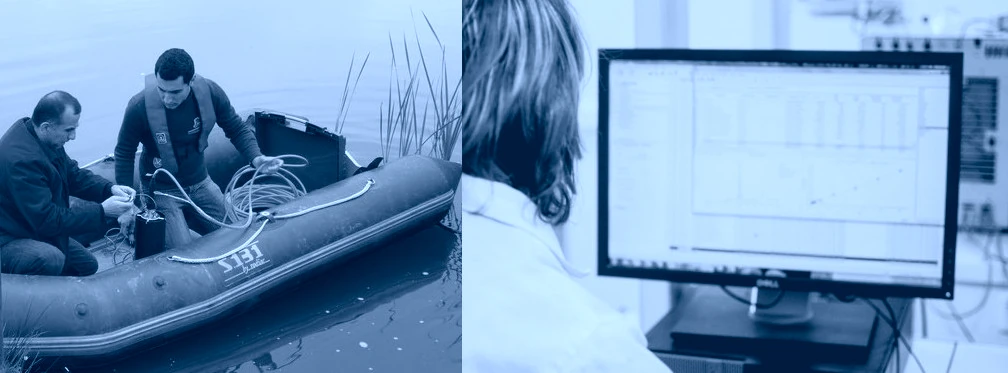- Recrutements
- Contacts
- Annuaires
- Choix du langage :
Dernières publications
934.
- titre
- Assessing water quality restoration measures in Lake Pampulha (Brazil) through remote sensing imagery
- auteur
- Alexandre Assunção, Talita Silva, Lino de Carvalho, Brigitte Vinçon-Leite
- article
- Environmental Science and Pollution Research, 2025, ⟨10.1007/s11356-025-35914-6⟩
- titre
- Do suspended particles matter for wastewater-based epidemiology?
- auteur
- Gauthier Bernier-Turpin, Régis Moilleron, Chloé Cenik, Fabrice Alliot, Sabrina Guérin-Rechdaoui, Thomas Thiebault
- article
- Water Research, In press, 280, pp.123543. ⟨10.1016/j.watres.2025.123543⟩
- titre
- Plastic debris dataset on the Seine riverbanks: up to 38 000 pre-production plastic pellets reported per square meter
- auteur
- Romain Tramoy, Laurent Colasse, Johnny Gasperi, Bruno Tassin
- article
- Data in Brief, 2025, pp.111735. ⟨10.1016/j.dib.2025.111735⟩
- titre
- La persistance des champs d’épandage d’eaux usées de l’agglomération parisienne au cours du second XXe siècle
- auteur
- Etienne Dufour
- article
- Métropolitiques, 2025, ⟨10.56698/metropolitiques.2174⟩
- titre
- Stock and vertical distribution of microplastics and tire and road wear particles into the soils of a high-traffic roadside biofiltration swale
- auteur
- Max Beaurepaire, Tiago de Oliveira, Johnny Gasperi, Romain Tramoy, Mohamed Saad, Bruno Tassin, Rachid Dris
- article
- Environmental Pollution, 2025, 373, pp.126092. ⟨10.1016/j.envpol.2025.126092⟩
Public Broadcasting Service : "Fabric microfibers dumped into the ocean"
publié le , mis à jour le

Public Broadcasting Service : "This New York river dumps millions of fabric microfibers into the ocean daily" : 29 August 2017
By Teresa L. Carey
The faded, “distressed look” of a favorite pair of blue jeans, may come with a hidden price for the residents of New York.
The Hudson River dumps 300 million clothing fibers into the Atlantic Ocean each day, according to a recent study in the Marine Pollution Bulletin. Many of the fibers come from aging clothes, rinsed out with the laundry and into the environment. Approximately half of the fibers were plastic, while the remainder were spun from natural materials like cotton or wool. Invisible to the naked eye, these fibers can cause health problems for animals and humans.
Les travaux du LEESU sur les microplastiques sont cités dans cet article en ligne.
...
After a microfiber study of the Seine River in 2014, Bruno Tassin, an urban hydrologist at University of Paris-Est, faced the same dilemma : tons of pollution without definitive point source. So he conducted a follow-up in Paris in 2016 to determine if microfibers clouded the atmosphere. Tassin found that three to ten tons of microfibers rain out of the air onto the 1,098-square-mile region surrounding Paris, each year.
“We don’t know how they move through the air. There is a probable link between production and fallout, but we don’t know precisely,” said Tassin. But Tassin thinks other sources, such as ground runoff, might still play a role.
...
Voir en ligne : Public Broadcasting Service : "This New York river dumps millions of fabric microfibers into the ocean daily" : 29 August 2017

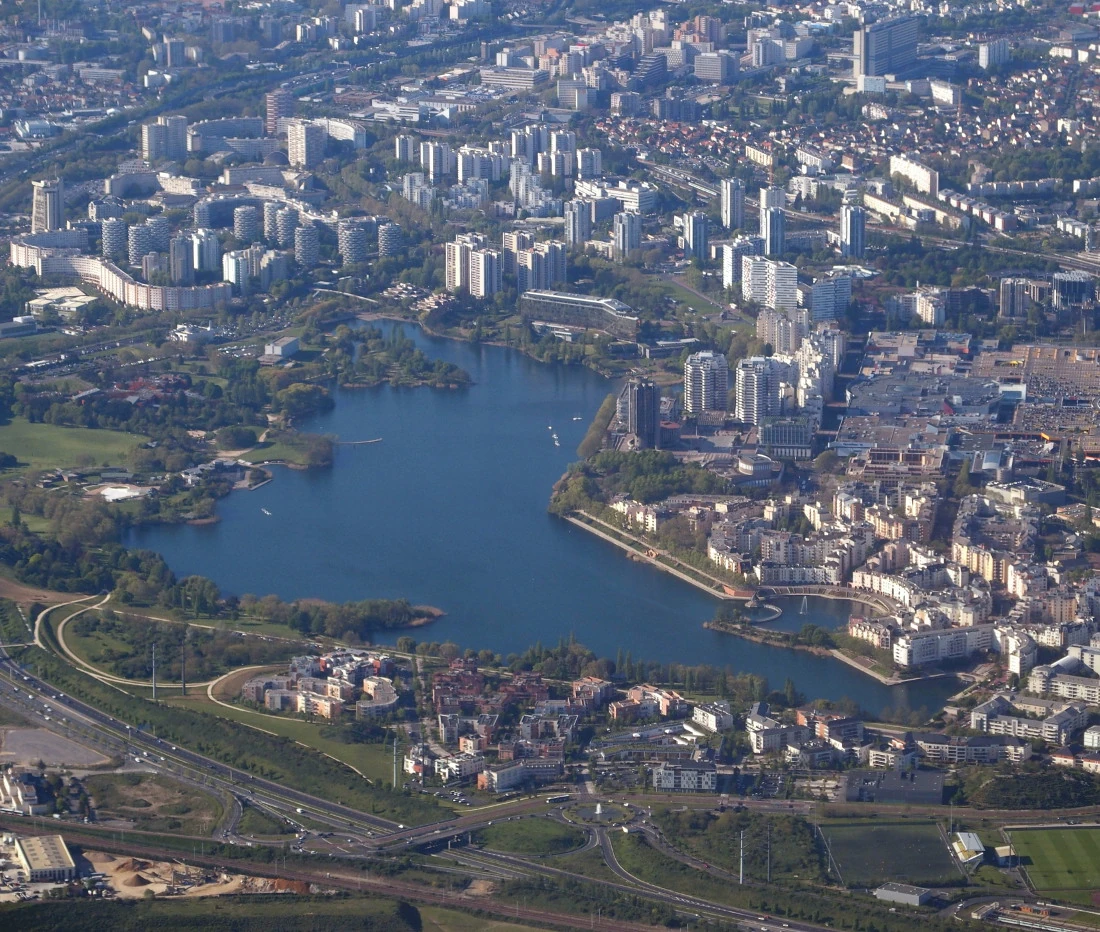



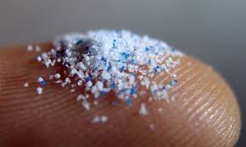
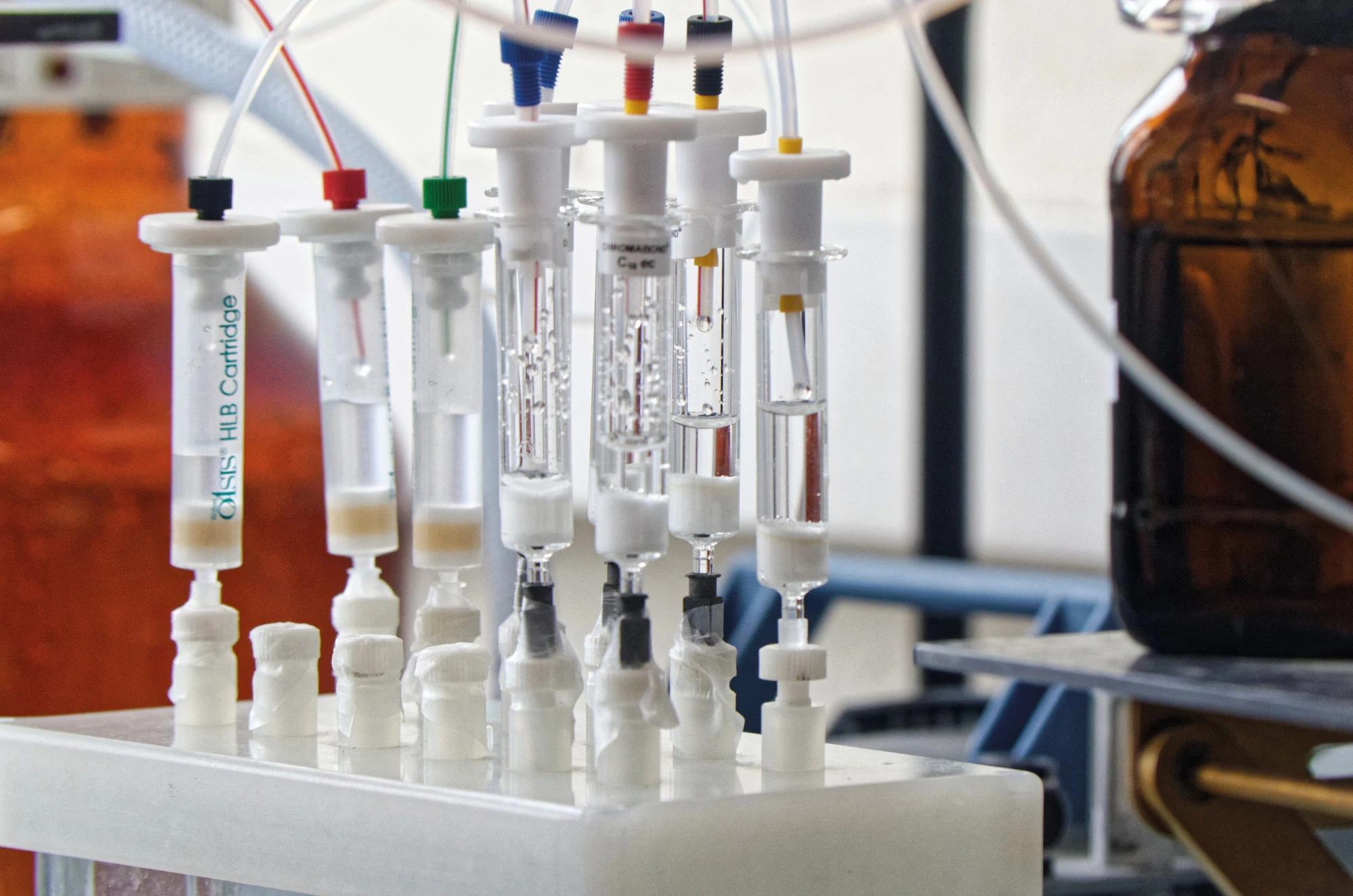
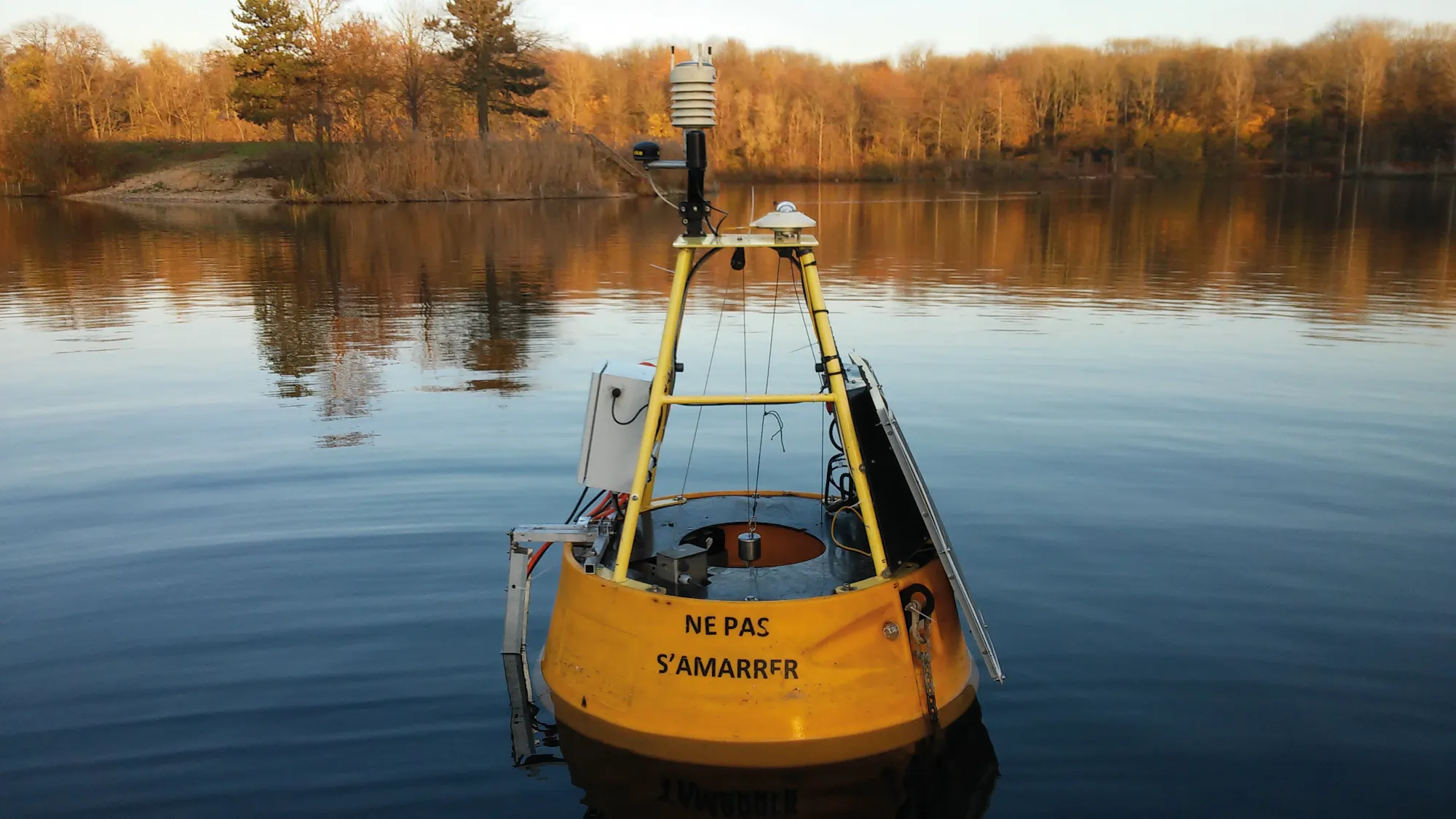
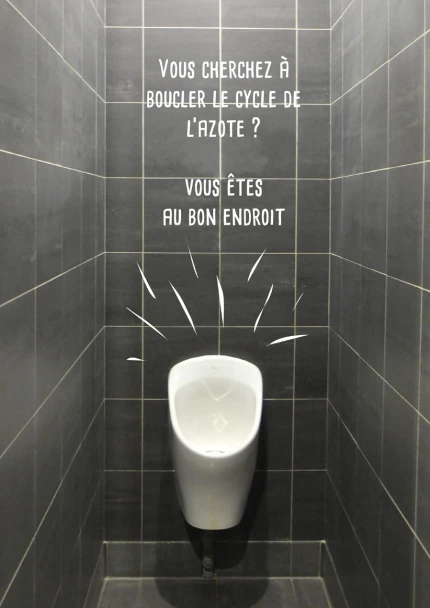
 Productions scientifiques
Productions scientifiques Moyens techniques et équipements
Moyens techniques et équipements Expertise et disciplines
Expertise et disciplines
